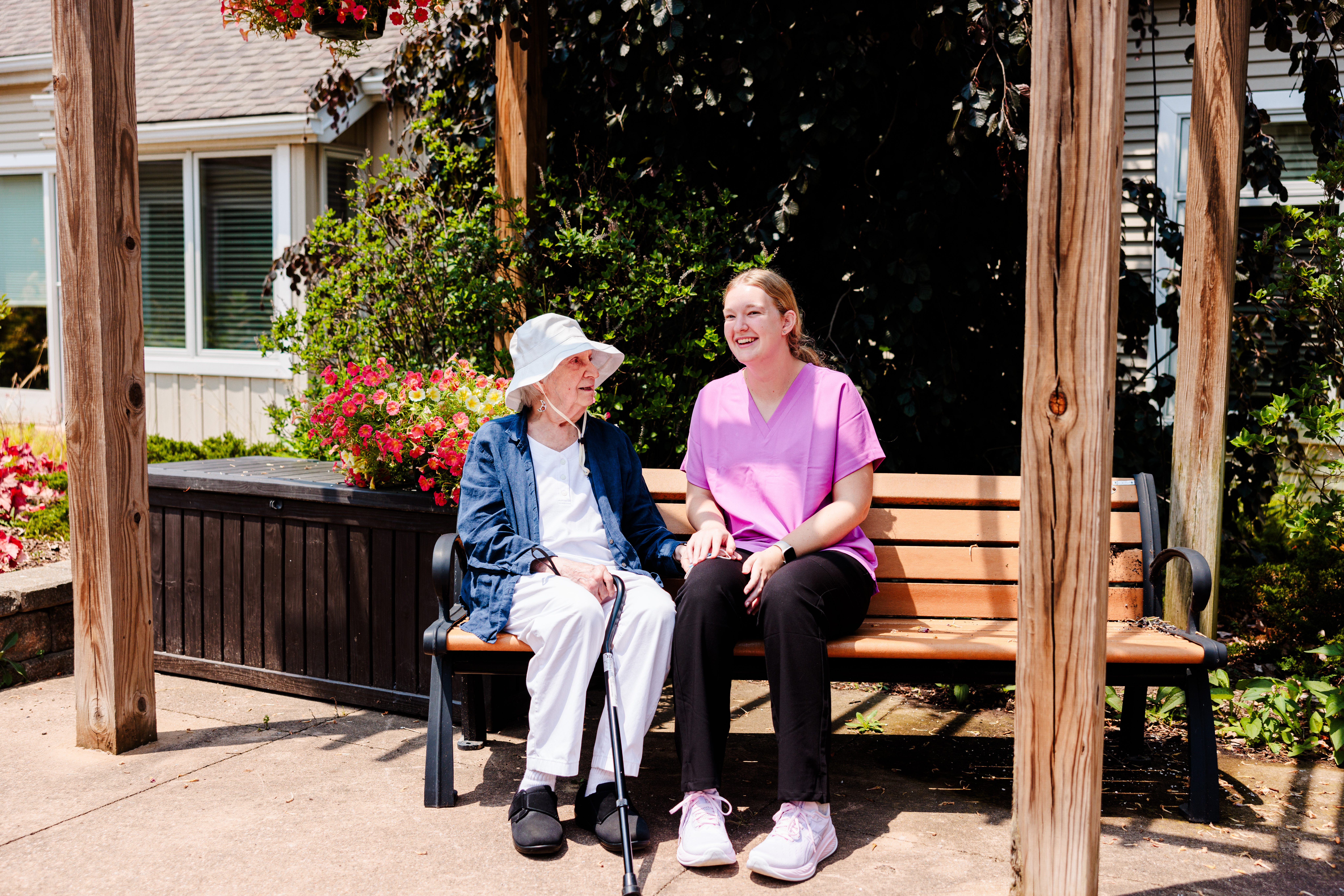The Healthiest You: Kid Play
Jul. 19, 2015 | 4:00 AM

India Williams remembers the time she discovered an empty package of cookies under her daughter Gianna's bed. The Cleveland mother of two asked the then-3-year-old girl what happened to the cookies, and she said she and her older brother Jamison had eaten them one night while they were watching TV.
But Williams knew Gianna was the lone culprit.
"In the middle of the night or when no one was paying attention, she would go in the refrigerator or the cabinets, and whatever she could find, she would just eat it," Williams says.
Over the next five years, Gianna grew from a chubby toddler to a 170-pound 8-year-old just under 5 feet tall. In late 2014, Gianna's pediatrician suggested Williams enroll her daughter in University Hospitals' Healthy Kids, Healthy Weight program. The series of 12 weekly lifestyle-modification classes is geared toward children ages 4 to 18 with a body mass index — an indicator of the amount of fatty tissue in the body for one's height — above the 85th percentile. The kids, accompanied by their families, learn about nutrition, exercise and behaviors that impact body weight.
Dr. Sumana Narasimhan, a pediatric endocrinologist who serves as the program's co-director, calls childhood obesity a family issue.
"It's the environment they're in," she says. "If we don't involve the family, this lifestyle [modification] is not going to work."
Narasimhan, along with a dietician, psychologist and an exercise physiologist, met separately with Gianna, then her mother, over a four-hour period in an initial visit. Narasimhan says that surreptitious bingeing isn't unusual in overweight children. "There's a lot of depression, low self-esteem within this population," she says.
But it was setting Gianna up for a lifetime of health problems. A glucose-tolerance test and blood work revealed that she was prediabetic and had high cholesterol for her age.
Gianna, her mother, stepfather and brother attended weekly two-hour classes for preadolescents starting in March at UH's Landerbrook facility in Mayfield Heights. Williams found the nutrition-education sessions particularly enlightening. She began reading nutrition labels, buying leaner meats, more produce and healthy snacks.
Gianna learned how to do everything from jumping jacks, crunches and planks to a game that involves pulling a card from a deck, then doing that number of pushups. And she discovered that part of the reason she snacked was sadness over the family dog running away the previous year. The psychologist recommended alternatives to eating such as redirecting her attention.
"I take deep breaths," Gianna says.
Gianna's now 29 pounds lighter and has a lot more energy. Her only physical activity had been a weekly hourlong dance class, but she now exercises for 60 minutes each day. "I ride my bike, and I roller skate," she says.
And as a result, she's added a coveted new item to her wardrobe.
Supermarket Swap
Trending
-
1
-
2
-
3
-
4
-
5










